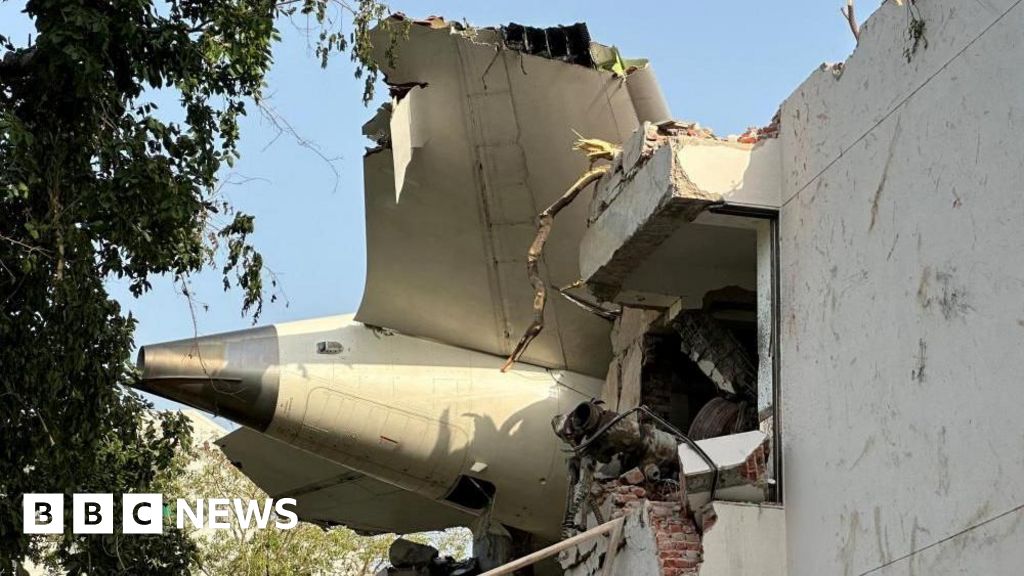Tamer Ramadan of the International Federation of Red Cross and Red Crescent Societies reported that bodies could be seen on the streets of Derna, but he also noted the solidarity among Libyan people and the influx of volunteers from the western part of the country to support the affected population.
During a briefing on X, Tamer Ramadan added that the United Nations-recognized government in the west has promised to send medical convoys to assist with the crisis.
The health minister and spokesperson for the western government, Othman Abdul Jalil, described the situation in Derna as “very miserable” and stated that the government had established an emergency room in the city.
The flooding in Derna, caused by Storm Daniel, has left 30,000 people homeless, blocked roads, and resulted in power and communication outages.
Libyan TV Channel al-Masar showed footage of a hospital in Derna overflowing with corpses and classrooms filled with body bags. The Libyan Red Crescent has been conducting search and rescue missions and recovering bodies from the flooded town.
The aid organization International Federation of Red Cross and Red Crescent Societies emphasized the urgency of the situation in Libya, calling it a “forgotten crisis” that requires global attention and support.
International organizations are appealing for funds to assist the large number of displaced people, as Libya has already been grappling with the consequences of war, political instability, and a lack of infrastructure.
The Norwegian Refugee Council described the situation in impoverished communities along Libya’s northern coast as disastrous, with entire villages overwhelmed and tens of thousands of people now displaced.
The country has been a key route for migrants attempting to reach Europe, further exacerbating the impact of the floods on vulnerable populations.
The collapse of the dams in Derna, which were in poor condition, resulted in the catastrophic flooding. The city had already experienced significant destruction in previous conflicts.
Libya’s current circumstances, including corruption, political instability, and a lack of infrastructure, have made the impact of the floods even more devastating.
Humanitarian organizations are calling for increased support and funding to assist Libya in its recovery process.
Paul Schemm in London contributed to this report.













